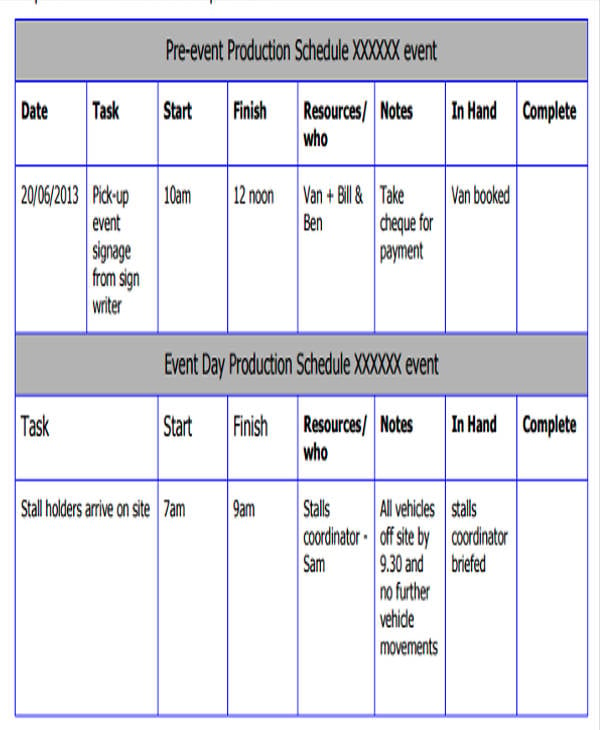Crowd oversight is an vital component of preparing and implementing functions where significant numbers of people congregate. Whether it’s a performance, physical game, or public event, ensuring the safety and experience of attendees is crucial. Effective strategies can help event hosts create a secure environment while also enhancing the total experience for guests. This article will discuss practical ways to achieve optimal crowd management.

Above all, adequate planning is key for efficient crowd management. Event organizers should examine the venue size and arrangement to calculate how many attendees can safely fit in the site. This involves accounting for building codes, exit paths, and accessibility needs. Creating a clear plan that includes crowd control measures, such as barriers and designated walkways, allows for better movement throughout the event. Additionally, having a detailed schedule helps direct the flow of people, limiting congestion during rush hours.
Dialogue plays a key role in keeping everyone alert and shielded during an event. Event planners should ensure that easily understood signage is present throughout the venue, pointing attendees to way out, bathrooms, and first aid stations. Assistants should be recognizable and equipped to support guests with questions or problems. Using modern solutions, like apps or push notifications, can also improve communication by providing live updates about any changes or critical events. When guests feel aware, they are more likely to enjoy their stay.
An additional essential tactic involves crowd monitoring and regulation. Event team members should be deployed thoughtfully throughout the location to track crowd dynamics and act quickly to any situations. Utilizing safety officers can help reduce potential incidents and support a calm atmosphere. Additionally, implementing crowd management sports event management systems like surveillance video systems can provide insightful data into attendee navigation and safety concerns. By being anticipatory rather than passive, organizers can tackle situations before they intensify.
Risk management is another critical component of effective crowd management. Hosts must have a comprehensive plan in place for various crises, such as health emergencies or severe weather conditions. This includes instructing staff on emergency linked here procedures and conducting drills prior to the event. Designating key spots for medical help and ensuring that health resources are easily accessible can save lives during crisis events. Having an clear communication line with emergency services further enhances safety.
Lastly, obtaining reviews from guests after the event can provide useful feedback for future refinements. Feedback forms can help planners understand what was successful and what aspects need consideration regarding crowd management. Considering guests’ experiences allows for progressive refinement and evolution in executing future events. By balancing safety while also promoting enjoyment, hosts set the stage for memorable gatherings that leave positive positive memories for all involved.